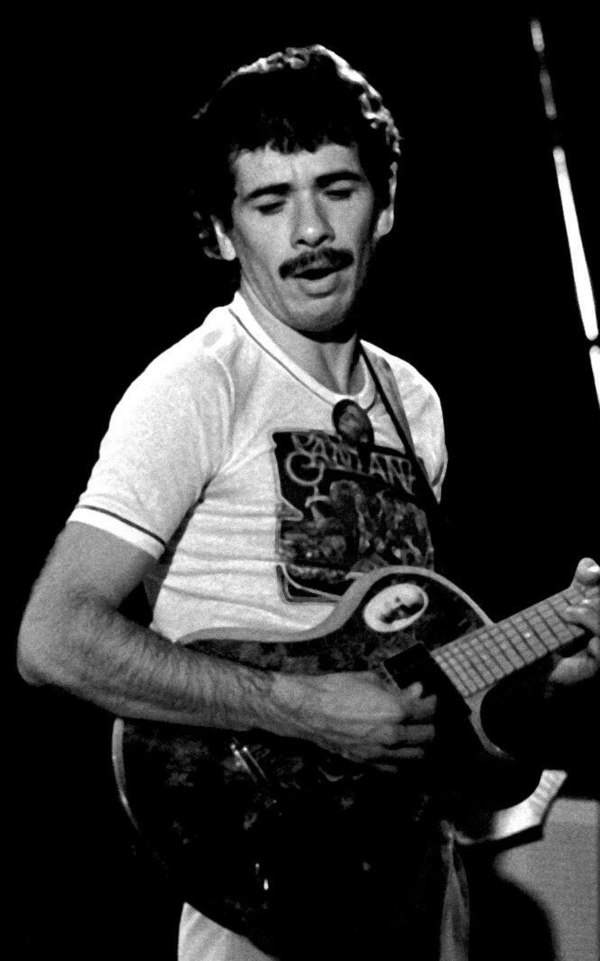Shaman (album)
Videos
Page
Shaman is the nineteenth studio album by Santana. Shaman was released on October 22, 2002, and debuted at number 1 on the Billboard 200 with first week sales of 298,973. It was certified Double Platinum by the RIAA and Gold in Greece.

Shaman (album)
Santana (band)
Videos
Page
Santana is an American rock band formed in San Francisco in 1966 by Mexican-born guitarist Carlos Santana. The band has undergone various recording and performing line-ups in its history, with Santana being the only consistent member. After signing with Columbia Records, the band's appearance at the Woodstock Festival in 1969 increased their profile, and they went on to record the commercially successful and critically-acclaimed albums Santana (1969), Abraxas (1970), and Santana III (1971). These were recorded by the group's "classic" line-up, featuring Gregg Rolie, Michael Carabello, Michael Shrieve, David Brown, and José "Chepito" Areas. Hit songs of this period include "Evil Ways", "Black Magic Woman", "Oye Como Va", and the instrumental "Samba Pa Ti".

Santana rose to prominence following their appearance at Woodstock

Carlos Santana in 1973

Santana performing in 2011

Image: Santana Acer Arena (5558151833) (cropped)